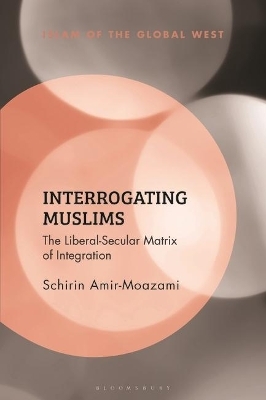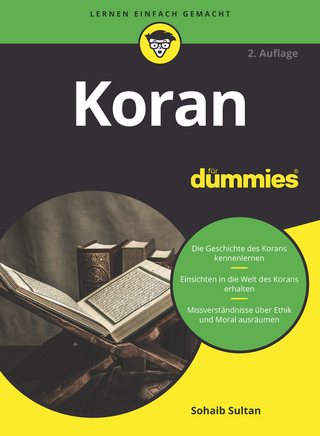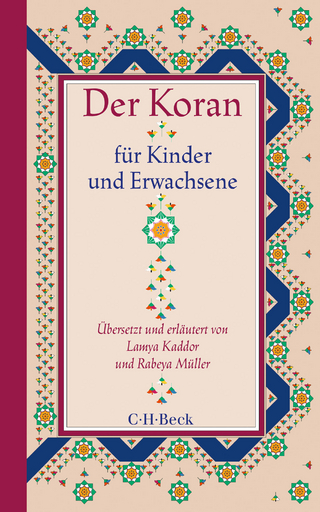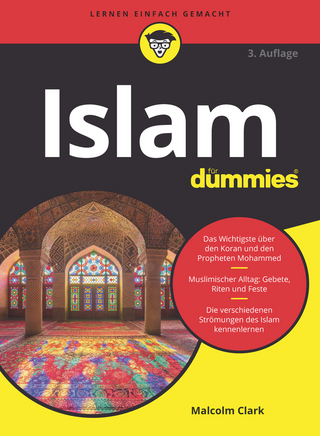
Interrogating Muslims
The Liberal-Secular Matrix of Integration
Seiten
2024
Bloomsbury Academic (Verlag)
978-1-350-26641-4 (ISBN)
Bloomsbury Academic (Verlag)
978-1-350-26641-4 (ISBN)
This book interrogates the patterns and discursive structures that have generated the seeming urgency of Muslims’ integration. Focusing on Germany, it problematizes the grounds on which politics of integration are justified and reasoned upon, and thereby investigates divergent operations of power vis-à-vis Muslims and Islam in a formally liberal-secular society.
The integration paradigm in Germany has been predicated on an imperial knowledge regime, in which Islam figures as the external friend or enemy of an imagined Christian secular. This book analyzes three kinds of integration practices as symptomatic sites for the multifaceted dimensions of power in this paradigm: the scientific measurement of Muslims’ degrees of integration which are correlated with their degrees of religiosity; the politics of recognition promoted by state-organized dialogue with Muslims; and the threat of sanction, found in the regulations of citizenship and explicitly in citizenship tests.
Centrally, the book argues that the paradigm of integration navigates between universalist claims and particularistic—racial and religious—re-enactments of a secular nation-state framework at moments in which this very framework is crumbling.
The integration paradigm in Germany has been predicated on an imperial knowledge regime, in which Islam figures as the external friend or enemy of an imagined Christian secular. This book analyzes three kinds of integration practices as symptomatic sites for the multifaceted dimensions of power in this paradigm: the scientific measurement of Muslims’ degrees of integration which are correlated with their degrees of religiosity; the politics of recognition promoted by state-organized dialogue with Muslims; and the threat of sanction, found in the regulations of citizenship and explicitly in citizenship tests.
Centrally, the book argues that the paradigm of integration navigates between universalist claims and particularistic—racial and religious—re-enactments of a secular nation-state framework at moments in which this very framework is crumbling.
Schirin Amir-Moazami is Professor of Islam in Europe at Freie Universität Berlin, Germany.
Acknowledgements
Introduction
1. Genealogies of Integration and Islampolitik
2. Integration and the emergence of a “Muslim Question”
3. Measuring Integration: Governing through Knowledge
4. Dialogue with Muslims: Governing through Recognition
5. Blood, Race, Religion: Governing through Discipline
Conclusion
References
Notes
Index
| Erscheinungsdatum | 09.02.2024 |
|---|---|
| Reihe/Serie | Islam of the Global West |
| Zusatzinfo | 5 bw illus |
| Verlagsort | London |
| Sprache | englisch |
| Maße | 156 x 234 mm |
| Themenwelt | Geisteswissenschaften ► Religion / Theologie ► Islam |
| Sozialwissenschaften ► Soziologie ► Spezielle Soziologien | |
| ISBN-10 | 1-350-26641-8 / 1350266418 |
| ISBN-13 | 978-1-350-26641-4 / 9781350266414 |
| Zustand | Neuware |
| Haben Sie eine Frage zum Produkt? |
Mehr entdecken
aus dem Bereich
aus dem Bereich


